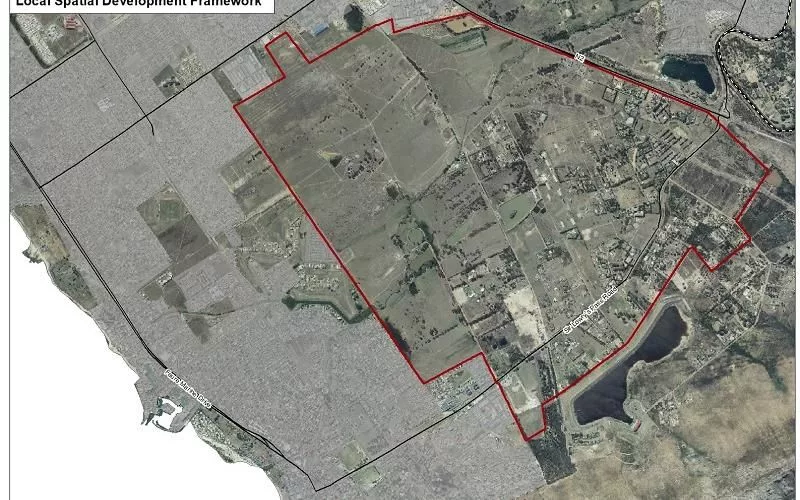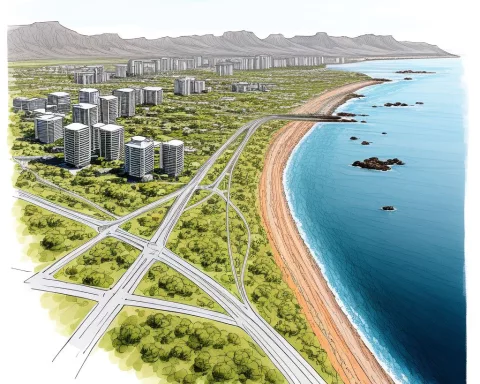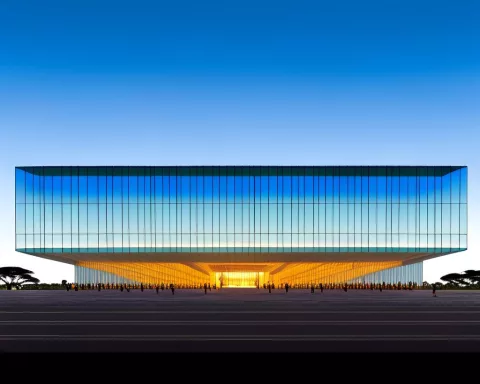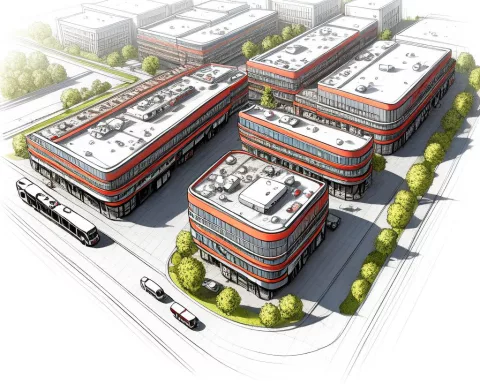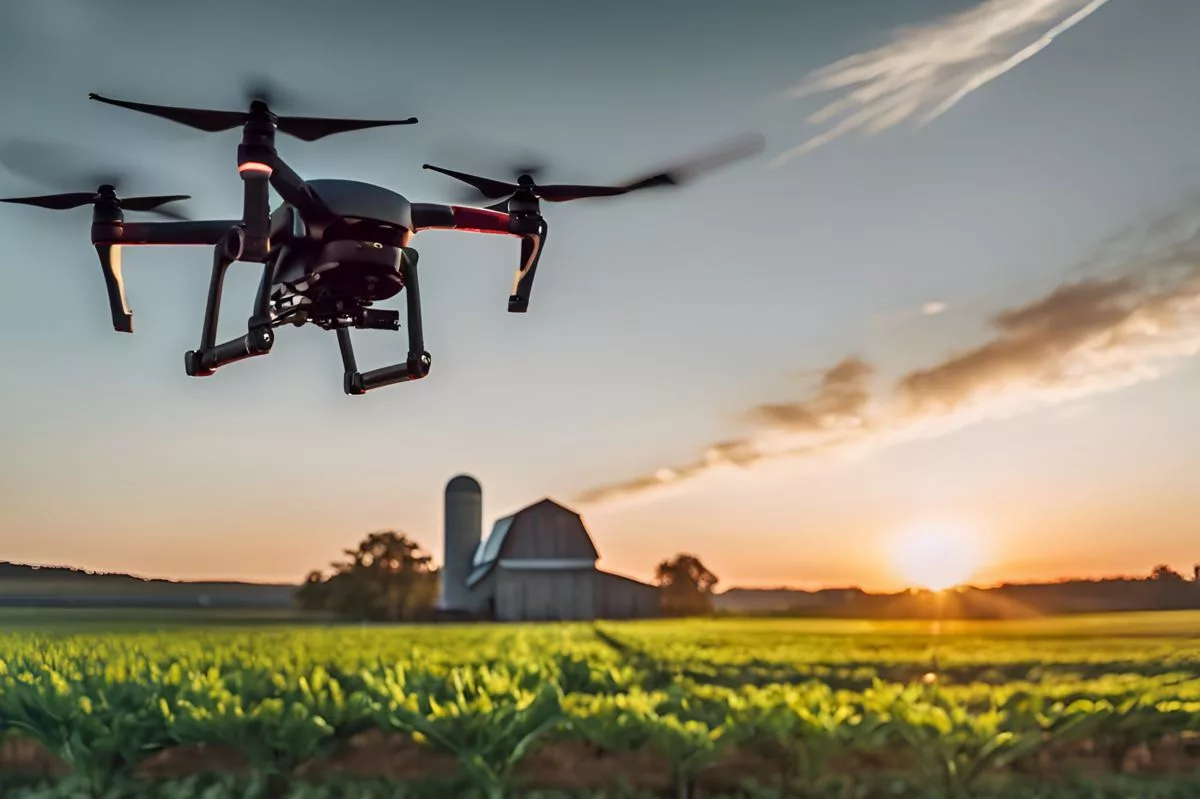Cape Town is calling on residents and business owners to help shape the future of the Gordon’s Bay Development Area (GBDA), an underdeveloped and vacant area within the city’s limits. The City is seeking input through public meetings, online submissions, and email comments to collaborate on the Local Spatial Development Framework (LSDF), which guides the city’s decision-making on development applications and land usage. City officials are hosting open house meetings to discuss the LSDF, and residents can submit their comments online or via email. This collaborative approach ensures residents’ voices are heard and fosters not just the growth of structures but the development of communities as well.
What is the Gordon’s Bay Development Area and how can I participate in its development?
The Gordon’s Bay Development Area (GBDA) is an underdeveloped and vacant area within Cape Town’s limits. The city is seeking input from residents and business owners to help shape its future. Public meetings, online submissions, and email comments are some ways to participate in the development process. The Local Spatial Development Framework (LSDF) serves as a policy document to guide the city’s decision-making on development applications and land usage. The LSDF will be finalized with input from residents and other affected parties.
The City of Cape Town is actively seeking input from residents and business owners to help shape the future of the Gordon’s Bay Development Area (GBDA). This underdeveloped and vacant area, one of the largest within the city’s limits, offers a unique opportunity for locals to have a direct impact on their city’s future landscape.
Within the city’s boundaries, the GBDA lies to the north of the coastal town, nestled between the existing N2 highway and slightly east of Sir Lowry’s Pass Road. The Local Spatial Development Framework (LSDF) for this sector, a policy document that guides the city’s decision-making on development applications and land usage, was first presented to the public on January 24, 2024. This introduction marked the beginning of a collaborative effort, welcoming contributions from residents and any interested or affected parties to help finalize the LSDF.
A Platform for Public Participation
In an open call to the residents, city officials are hosting public meetings to discuss the neighbourhood plan or LSDF. These open house meetings serve as an opportunity for residents to ask their queries, clear any doubts and, most importantly, voice their thoughts and insights about the future of their city.
There are two such open house meetings scheduled for the community. The first is slated for Saturday, 24 February 2024, from 10:00 to 14:00, and the second on Friday, 8 March 2024, from 13:00 to 19:00. Both meetings will take place at the Charles Morkel Community Hall, Strand.
City’s Deputy Mayor, Alderman Eddie Andrews, who is also the Mayoral Committee Member for Spatial Planning and Environment, emphasizes the significance of these meetings. He believes these public forums provide the perfect platform for residents to learn more about the city’s development process, ask pertinent questions, and shape the spatial vision for the GBDA.
Alternative Avenues for Participation and the LSDF’s Role
For those unable to make it to the meetings, the city has created other means of participation. Residents can submit their comments on the GBDA’s future either online, through the City’s Have-your-Say page, or via email. The draft LSDF is also accessible at the Subcouncil 8 office and Gordon’s Bay Library. The final date for submissions is March 22, 2024.
The LSDF serves a vital role, providing a clear development direction at the local level. Alderman Andrews points out the immense potential that GBDA holds for development. At the same time, he stresses the importance of balancing this potential with sustainable growth management. This balance, he says, can be achieved by collaborating with residents and other affected parties in finalising the LSDF. This would then guide future decisions about the land’s usage, development, and vital environmental protection.
A Collaborative Approach to City Planning
The public’s input will be considered in the final drafts of the LSDF, which will later be submitted to the Council for approval. The LSDF for GBDA is expected to elaborate on and support the spatial development guidelines outlined in the Helderberg District Spatial Development Framework. This higher order spatial plan serves the greater Helderberg area.
This move by the City of Cape Town signifies a significant shift towards collaborative city planning. The city is actively urging residents to take a more central role in their neighbourhood’s planning and development. This inclusive approach ensures the residents’ voices are heard, fostering not just the growth of structures but the development of communities as well.
1. What is the Gordon’s Bay Development Area and how can I participate in its development?
The Gordon’s Bay Development Area (GBDA) is an underdeveloped and vacant area within Cape Town’s limits. The city is seeking input from residents and business owners to help shape its future. Public meetings, online submissions, and email comments are some ways to participate in the development process. The Local Spatial Development Framework (LSDF) serves as a policy document to guide the city’s decision-making on development applications and land usage. The LSDF will be finalized with input from residents and other affected parties.
2. What are the open house meetings and when are they taking place?
The open house meetings are public forums hosted by city officials to discuss the neighbourhood plan or LSDF. These meetings serve as an opportunity for residents to ask questions, voice their thoughts, and provide insights about the future development of the GBDA. Two meetings are scheduled for the community on Saturday, 24 February 2024, from 10:00 to 14:00, and Friday, 8 March 2024, from 13:00 to 19:00 at the Charles Morkel Community Hall, Strand.
3. Can I submit my comments on the GBDA’s future online or via email?
Yes, residents can submit their comments on the GBDA’s future either online, through the City’s Have-your-Say page, or via email. The draft LSDF is also accessible at the Subcouncil 8 office and Gordon’s Bay Library. The final date for submissions is March 22, 2024.
4. What role does the LSDF play in the development of the GBDA?
The LSDF serves a vital role, providing a clear development direction at the local level. The LSDF guides the city’s decision-making on development applications and land usage. It also elaborates on and supports the spatial development guidelines outlined in the Helderberg District Spatial Development Framework.
5. Will residents’ input be considered in the final drafts of the LSDF?
Yes, the public’s input will be considered in the final drafts of the LSDF, which will later be submitted to the Council for approval.
6. What is the City of Cape Town’s approach to city planning?
The City of Cape Town is shifting towards a more collaborative approach to city planning, urging residents to take a more central role in their neighbourhood’s planning and development. This inclusive approach ensures the residents’ voices are heard, fostering not just the growth of structures but the development of communities as well.

